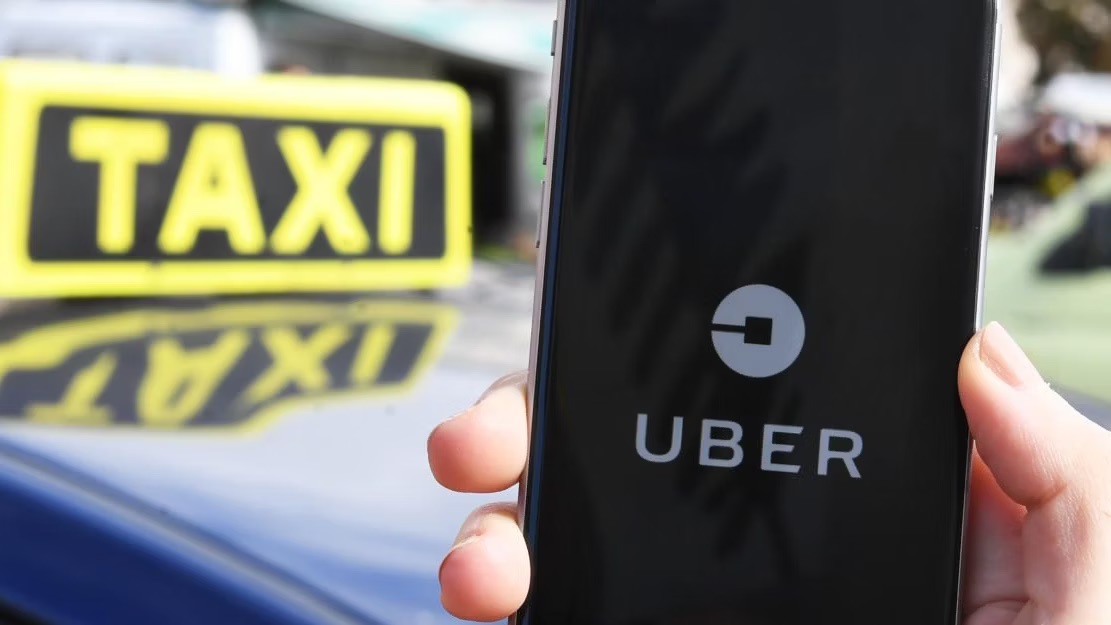
Uber CEO Dara Khosrowshahi made waves last week when he announced a new flex-office policy. Now, employees will be required to work in the office at least three days a week rather than two. This new rule will go into effect this coming June. The news broke during an all hands meeting on April 28, the day after public comment closed. As Khosrowshahi emphasized, beyond this is perhaps the most important change. He added that “it is what it is,” as a reflection of the firm’s commitment to fostering an inclusive, team-oriented workspace.
The announcement to double down on in-office work arrives as Uber is still getting its strategy for workplaces in order. For now, the company has made Tuesdays and Thursdays “anchor days.” This is all about making people more productive individually, and getting more people back in the office. Khosrowshahi articulated the goal of these anchor days, stating they are designed “to get as many people in the office as possible.”
Employee Concerns Over Workspace
Numerous people raised issues about lack of adequate meeting rooms and workspace options both at the gathering and on Uber’s internal communication platform. One employee remarked, “How is five years of service not a tenured employee? Especially when burnout is rampant in the org,” highlighting the frustrations surrounding workplace conditions.
To her credit, Nikki Krishnamurthy, Uber’s Senior Vice President and Chief People Officer, gave the serious concerns their due. She focused on the lack of office space. In her statement, she announced plans to triple Uber’s office space. Together, they’ll have an additional 700,000 square feet between their San Francisco Mission Bay and Seattle campuses. We’re going to use the extra space to add more meeting rooms and cafeterias. Construction isn’t expected to finish until 2026.
“The Slido essentially has been invaded by questions about the changes we’ve made,” – Dara Khosrowshahi
Khosrowshahi came under fire from employees in the all-hands meeting, where he had to justify the policy changes to employees’ pushback. He also wrote a letter to staff promising that these changes do not indicate future layoffs or an attrition-at-all-costs approach. “But it has nothing to do in terms of a desire or need to drive attrition or layoffs,” Kelly said. “None of that is planned. The business is operating really, really well. But yee, I mean good’s not good enough around here. As a company, we need to be excellent.
Surveillance and Employee Conduct
Now, Uber is raising the bar on its surveillance approach. The company will want to monitor employee participation and attendance so that all employees can abide by the new rule. That said, we applaud Krishnamurthy for being definitive about employee conduct in light of the policy changes. She indicated that employees who shared memes or negative comments about the new policy would be addressed directly: “That’s not O.K., and we will be speaking with the employees who made them.”
“Through good times and bad, we are open with each other. Yet when we see behavior like this, it makes it harder to continue being open in the same way.” – Nikki Krishnamurthy
Many organizations are still in active conversations about return to office mandates. This discussion is indicative of a broader conversation as companies adjust to new workplace realities in the post-pandemic landscape. The emphasis on collaboration and team interaction through increased office presence reflects broader corporate strategies aiming for enhanced productivity and cohesion.
In response to that news, Khosrowshahi admitted that such employees should question their loyalty to Uber now that it’s a public company. He expressed understanding yet remained focused on the company’s objectives: “If you’re here for a sabbatical and this change causes you to change your mind, it is what it is. I’m sorry about that. The whole reason we want you to be here, though, is the effect on your bottom line. The learning here.
Uber, it seems, is already making moves to prepare for that transition. They are committed to building safe, welcoming, creative work spaces that certainly address everyone’s diverse needs and drive successful business outcomes. The company has a chance to make some meaningful changes in the next few months. It will address long-standing employee issues over workspace and in-office culture.
Author’s Opinion
Uber’s new policy is a sharp reminder of the pressures facing post-pandemic companies. While the push for more in-office work aligns with the demands of corporate efficiency and productivity, it’s clear that the company still has a long road ahead in addressing employee concerns and fostering a work environment that balances the needs of all stakeholders.
Featured image credit: Heute
For more stories like it, click the +Follow button at the top of this page to follow us.
